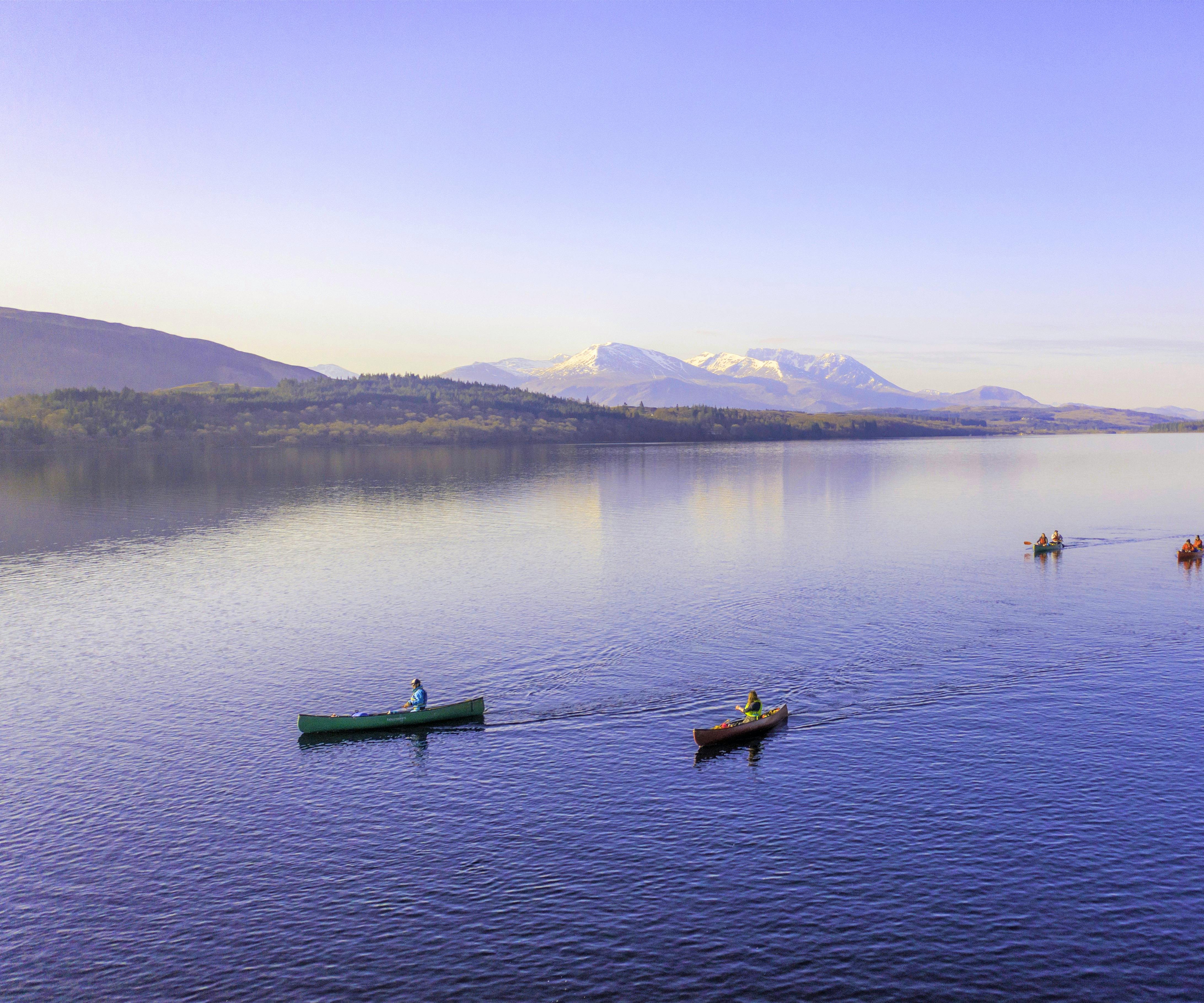Ultimate Guide to Tour du Mont Blanc Camping
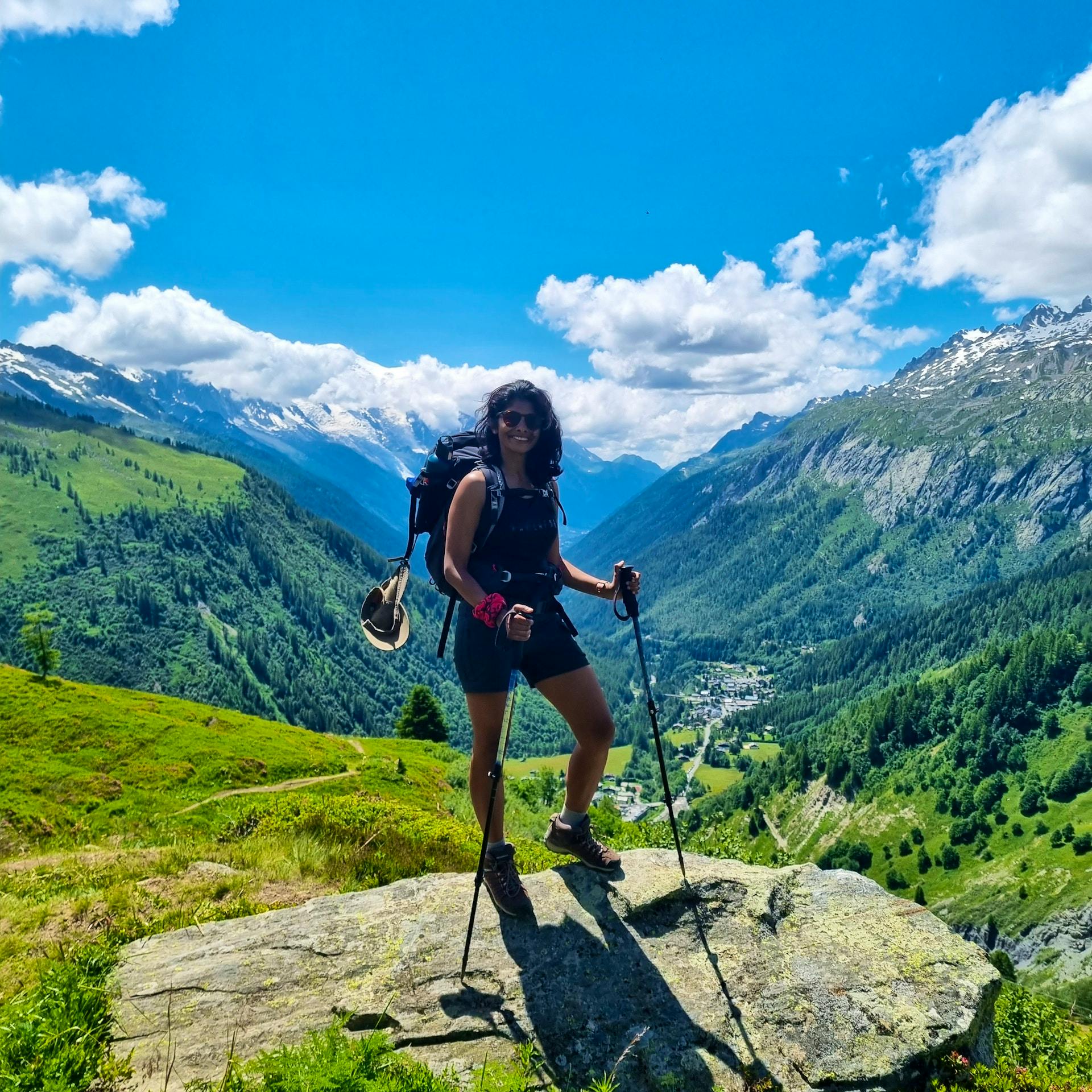
Tour du Mont Blanc at a Glance
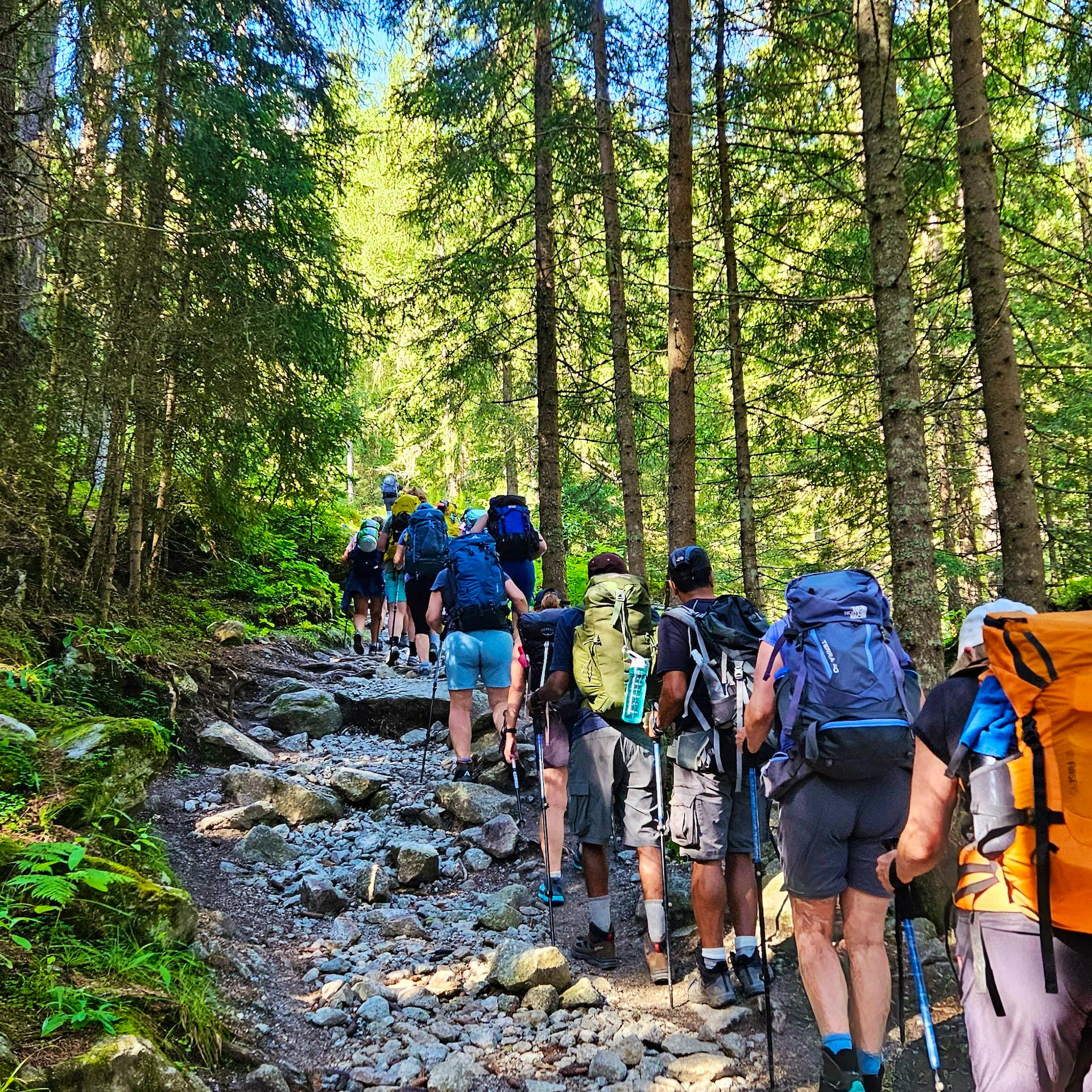
Why Camp on the TMB?
1. Avoid the Refuge Reservation Nightmare
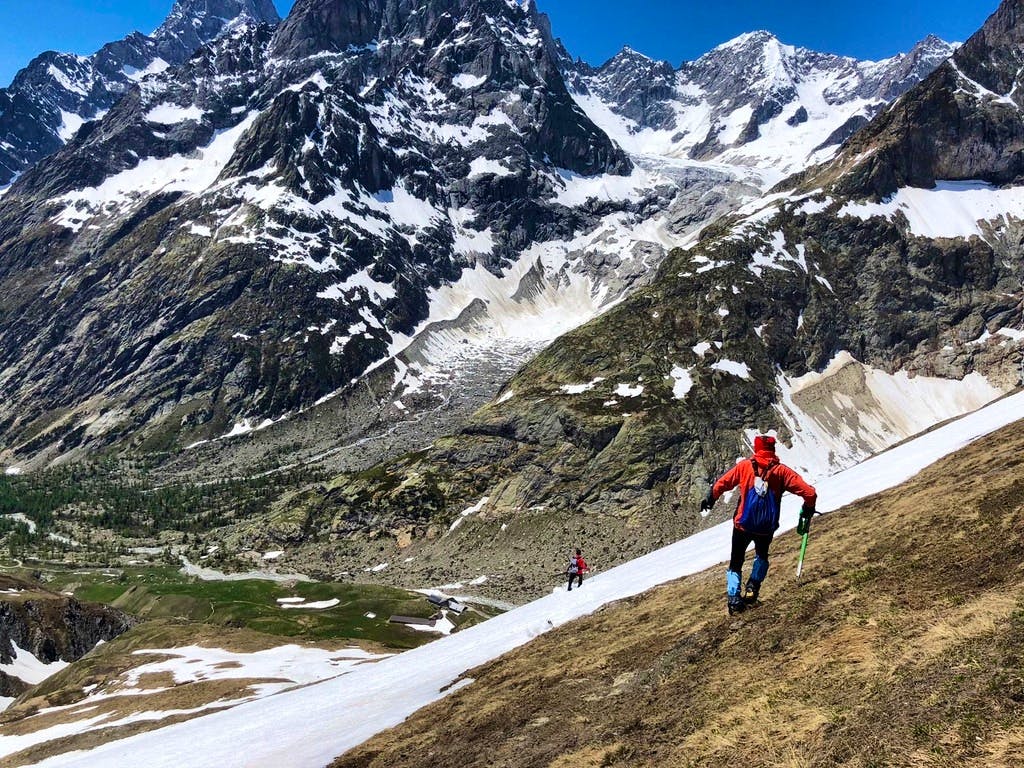
2. Affordable Alpine Adventure
3. Flexibility
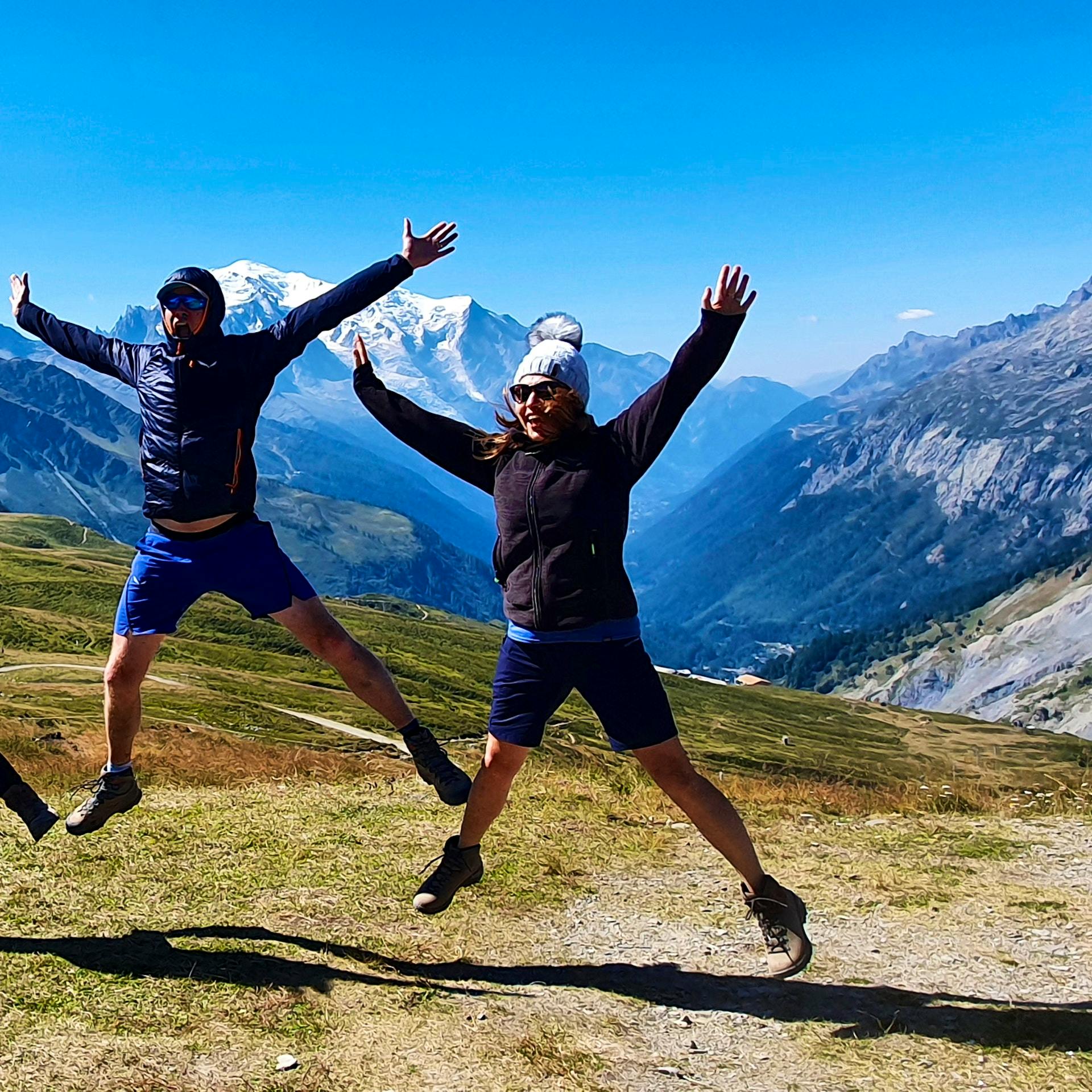
Tour du Mont Blanc Camping Map
Stage 1: Les Houches and Chamonix
Camping Les Arolles: €11.5 per person and close to Chamonix-SUD bus station. It's close to supermarkets if you need to stock up for the journey ahead, plus a hot shower!
Camping Bellevue: Located right at the start of TMB, costs €7.50 per person. You get a charging station, hot shower, and toilets!
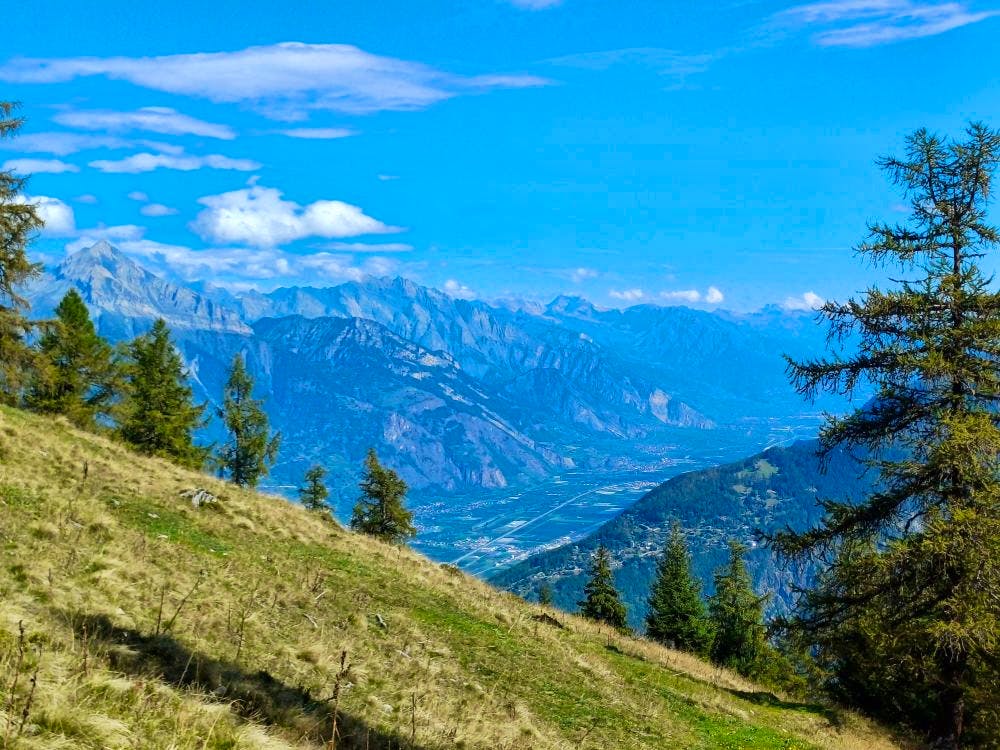
Stage 2: Les Contamines to Les Chapieux
Camping Le Pontet: Located 18km from the start, and costs €4.40 for a tent and €5.50 per adult. Perfect for a self-guided TMP adventure thanks to numerous amenities like toilets, dishwashing station, laundry facility, free shower, a small grocery store, and a restaurant. Visit the Tourism Office across from the grocery store to charge up your devices.
Nant Borrant wild camp: After trekking for 23km, and just about 1.5 hours from Les Contamines, you'll come to a refuge called Nant Borrant. Just a slight distance past, there's a designated wild camping area - it's marked with a sign from your left. This is a free camping spot, although it possibly only has toilets and water supply for amenities.
Refuge de la Balme: Located 26km from the start, this is another option for Tour du Mont Blanc wild camping close to the Chalet Refuge de la Balme. It's free, and you get basic amenities like toilets, water supply, and sinks.
Les Chapieux: Free camping, again! After 34 km, find your way to the Tourist Office in town and camp there. It's a bit noisy, but you have access to restaurants and a small shop to stock up on groceries.
Stage 3: Les Chapieux
Wild camping at Rifugio Elisabetta: 49 km into your hike, you can camp for free near the
Rifugio Elisabetta: Here, there's a free water supply, and you can book a meal at the refugio, too.
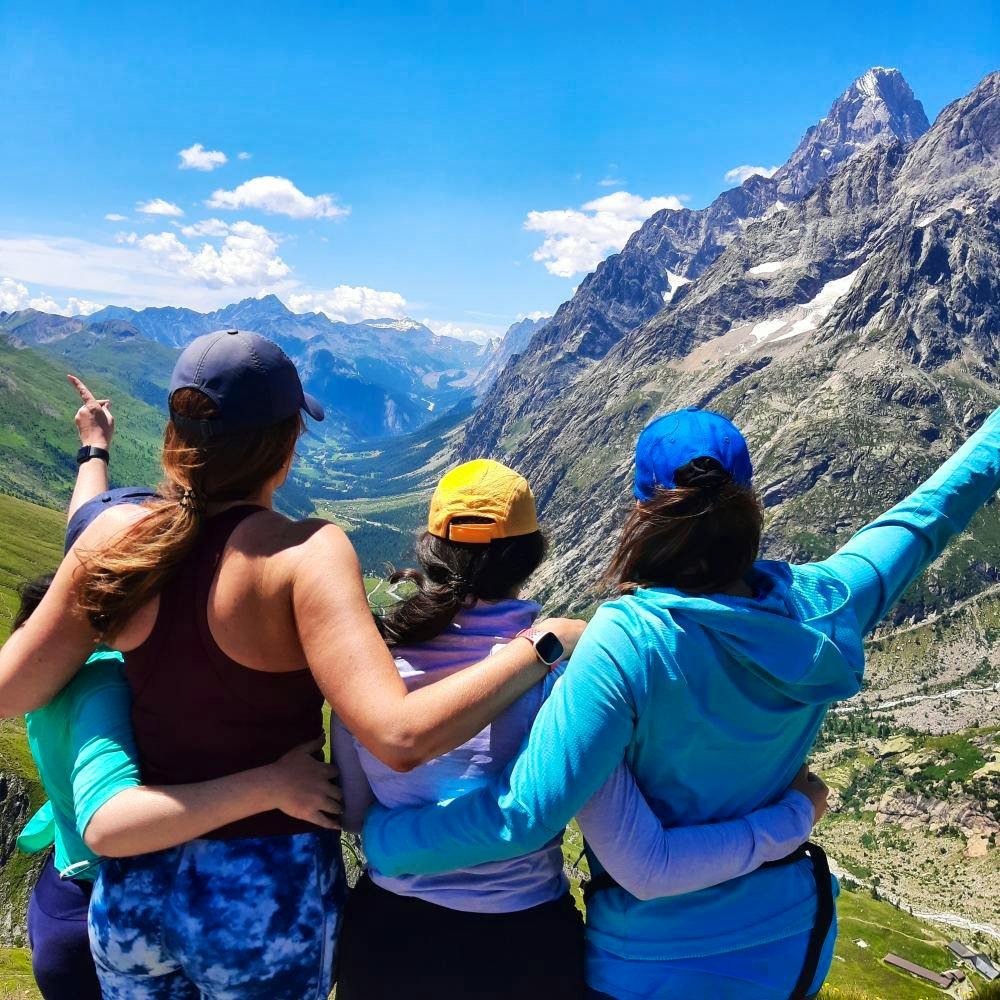

Stage 4 + 5: Courmayeur to Rifugio Bonatti
Aiguille Noire: This campsite is a short distance from Courmayeur and will charge €12.5 per person. You get a hot shower for €0.5 for 5 minutes and a socket to charge your devices. Stock up on essentials (they are a bit expensive) at the mini market or take a short bus ride to the Carrefour supermarket at La Saxe Pontal.
Val Veni Campgrounds: Located about 53 km into your hike, this campsite is very close to Aiguille Noire, and charges €5.00 for a tent, €7.50 per adult. You get toilets, a hot shower with soap, and a restaurant.
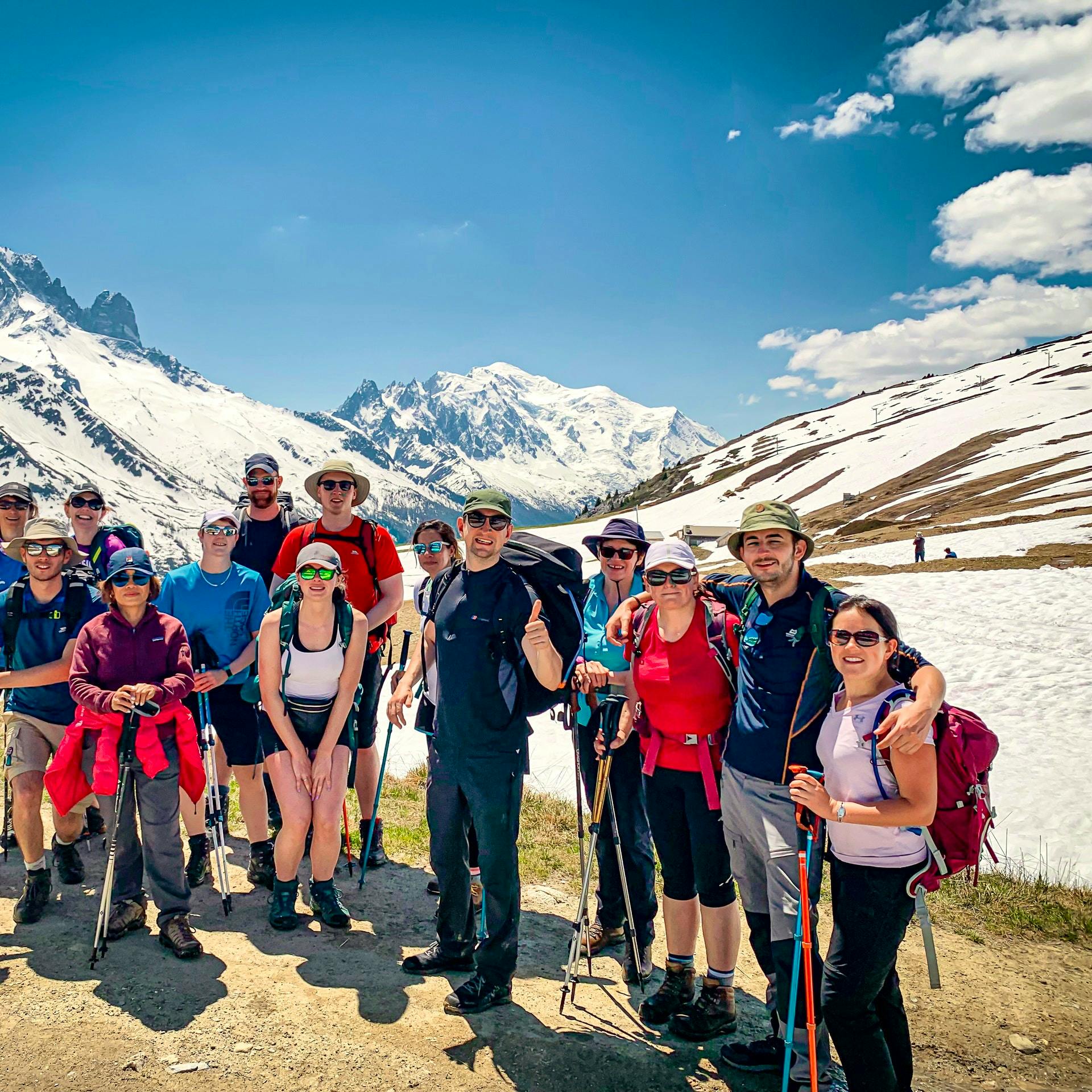
Stage 6 + 7: Rifugio Bonatti to Champex
Grand Col Ferret: Your first option lies at the 90-kilometre mark. It is a free option for Tour du Mont Blanc wild camping. When we say wild camping, we mean it - there are no amenities here. So, stock up before leaving Val Ferret.
Des Glaciers: At the 100-kilometre mark, you will pay €8 per adult for a tent spot, and some amenities like dishwashing, laundry, toilets, free Wi-Fi, and a small shop.
Les Rocailles: Marks 115 km, and is 4.5 hours from La Fouly. The campground charges €22 (expensive, but it's Switzerland!) The amenities include free hot showers, a power socket, and a picnic area. There's a supermarket in Champex, so do stock up on essentials.
Stage 8 + 9: Champex to Tre le Champ
Hike another 7-8 hours to camp at Le Peuty. This site is on the 133-kilometre mark, with basic amenities like toilets and water supply. It's open-air and charges €6.00 per person.
Your first camp on the way is Pierre Semard at Tre Le Champ which charges €10-12 per person. You will enjoy hot water showers and power sockets.
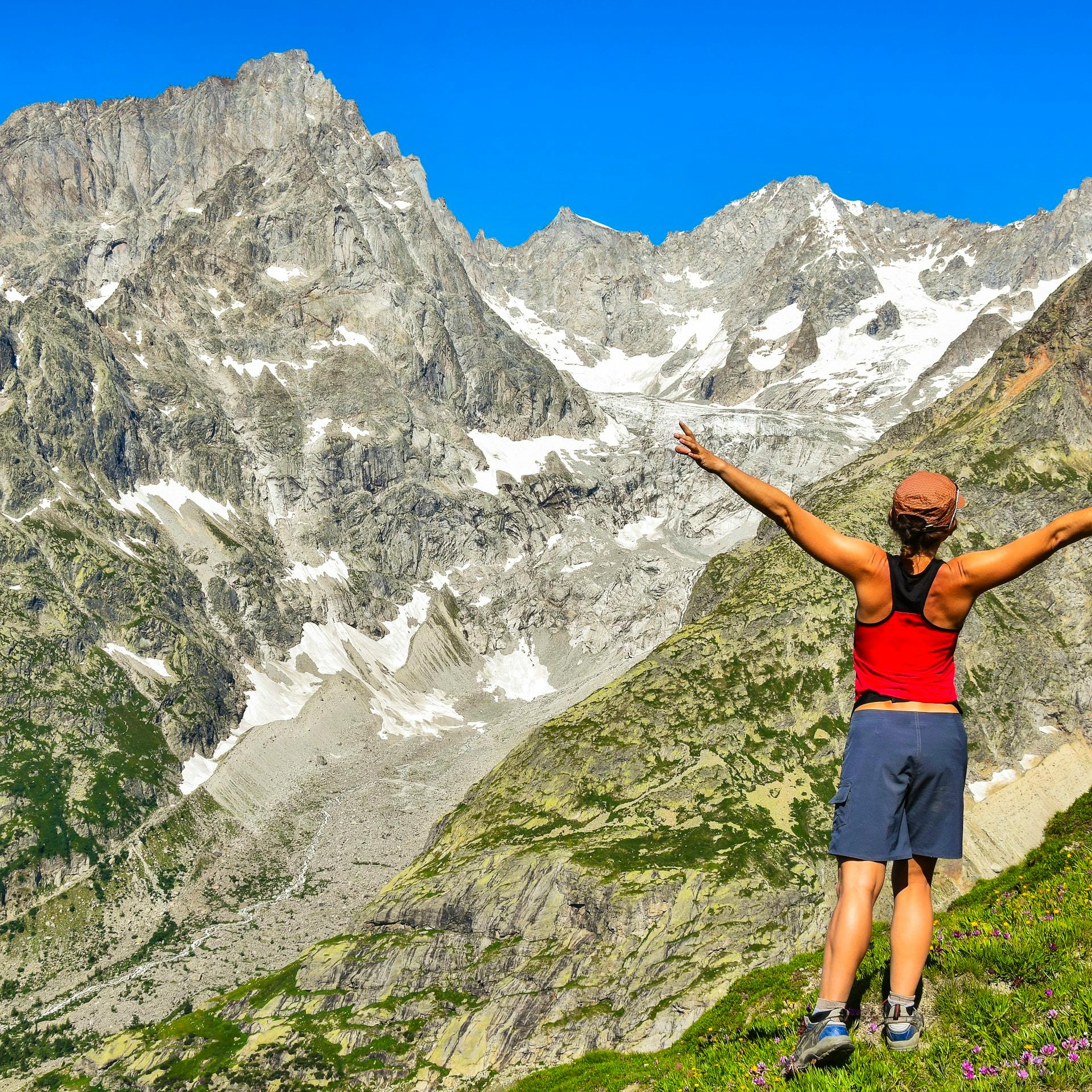
Stage 10 + 11: Tre Le Champ – Chamonix
Refuge du Col de Balme: This campground is highly dependent on weather conditions since the area is awfully windy. But, if you come on a calm day, the owner might just let you camp. It's free, on the 137-kilometre mark, and you will have access to the refuge's basic amenities!
Col de Posettes: If it's too windy on Refuge du Col de Balme, you can trek a further 2 km to wild camp at Col de Posettes. It's free, but you get absolutely no amenities.
Camping du Glacier d'Argentiere: Located on the 144-kilometre mark, this site is a bit removed from the trail - 40 minutes from Tre-le-Champ. It charges €10, with all the amenities you expect, hot showers included.
Camp at Les Arolles. It's literally at the foot of Mont Blanc, charging only €8.70 per adult. You will find a lot of essential amenities, and access to comfier accommodations like cabins and rooms if the trek has you worn out.
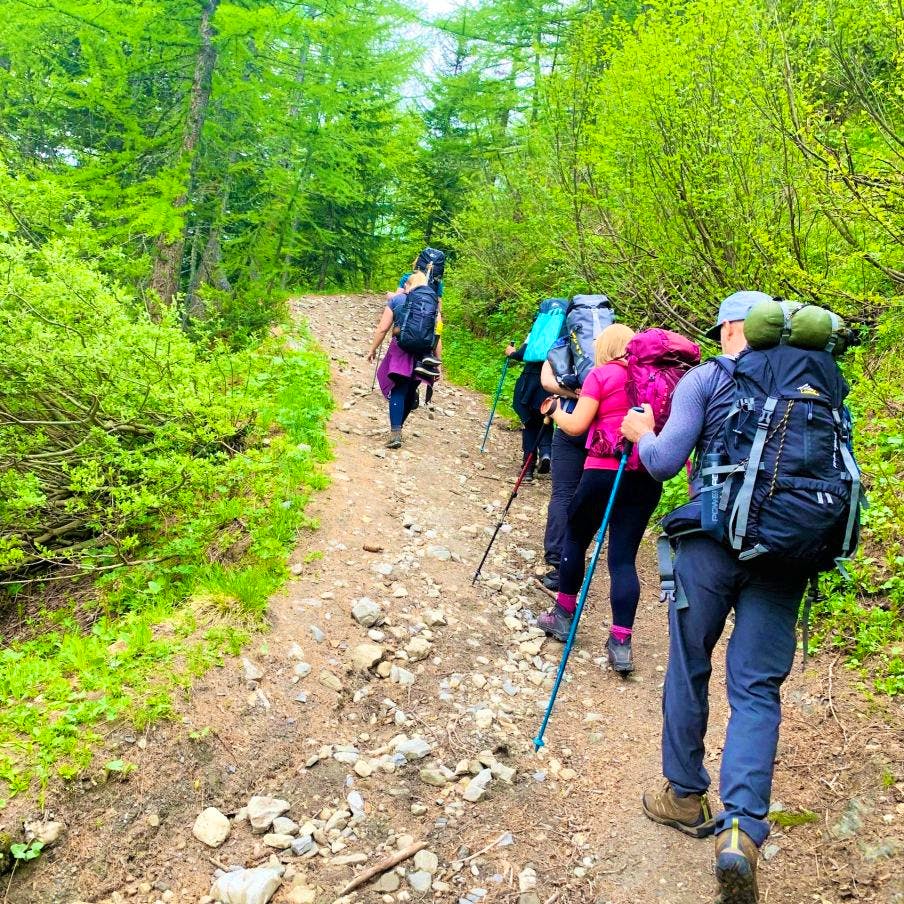
What to Pack for Camping
A durable tent that can withstand wind, rain, and rugged ground.
Bring footprints and burlier stakes if you are wild camping.
A sleeping bag rated 0°C to -5°C to stay warm on chilly mountain nights.
An insulated inflatable sleeping pad.
A lightweight stove and fuel.
A backcountry purifier is ideal for treating water.
Pack ample base layers, a puffy jacket, gloves, and a warm hat for changeable alpine weather.
A battery pack to keep your phone and electronics charged up.
Essentials like rain gear, a first aid kit, a fire starter, a multitool, a map, a headlamp, sun protection, and an emergency shelter.
Download GPS tracks for the TMB route to easily navigate between campsites.
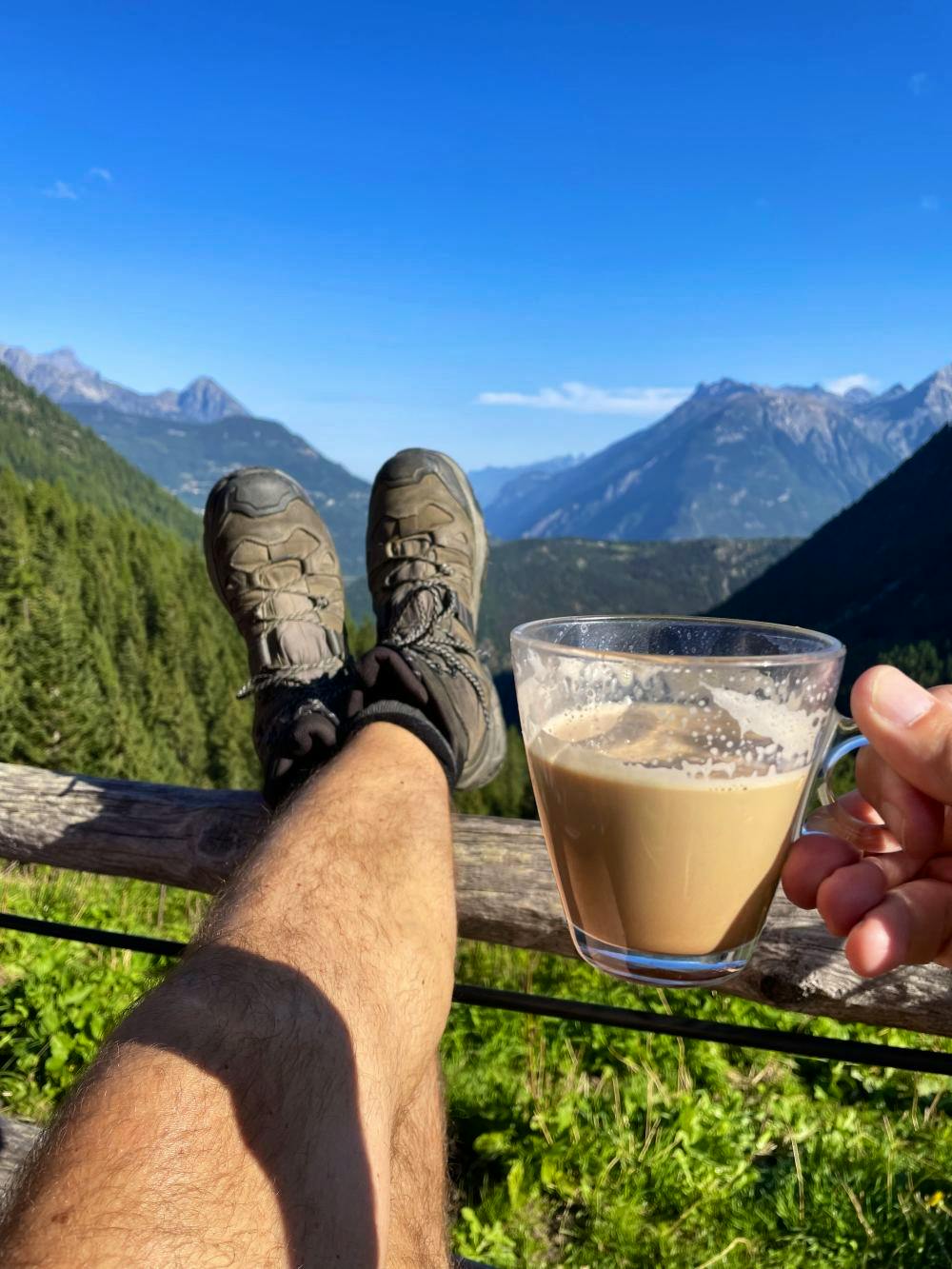
Food, Drink and Budgeting
Breakfast: €3
Snacking: €2-3
Lunch: €4-5. A bigger meal can cost €12-20 on available refuges.
Dinner: €5-7 if cooking your meals. Otherwise, upwards of €20 for dinner (plus drinks!) at mountain huts and refuges.
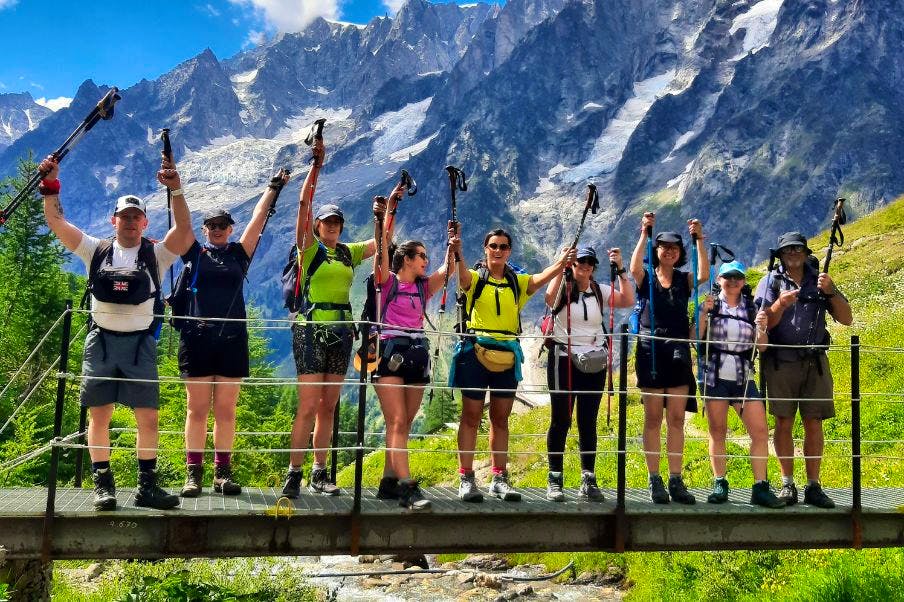
Wrapping Up
Find your next adventure
Why Skyhook?
Join over 27,000 Skyhook adventurers who've used our platform to book directly with our vetted local guides, at local prices (we never markup).
Expert Local Guides
Experienced local guides, handpicked by us.
Best Prices
Never pay a markup on the local guide's price.
Exclusive Club
Earn loyalty rewards every time you travel.
Great Social Vibes
Small group tours provide a richer experience.
Stellar Feedback
Over 2,800 reviews, average of 4.9/5 stars.










